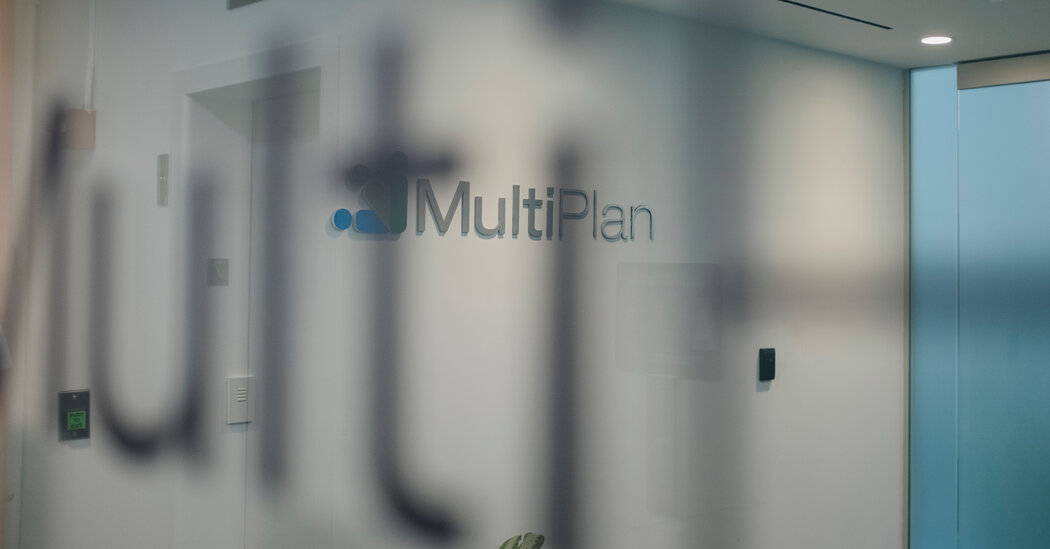A private-equity-backed firm has helped drive down payments to medical providers, drive up patients’ bills and earn billions for insurers.
Large health insurers are working with a little-known data company to boost their profits, often at the expense of patients and doctors, a New York Times investigation found. A private-equity-backed firm called MultiPlan has helped drive down payments to medical providers and drive up patients’ bills, while earning billions of dollars in fees for itself and insurers.
To investigate this largely hidden facet of the health care industry, The Times interviewed more than 100 patients, doctors, billing specialists, health plan advisers and former MultiPlan employees, and reviewed more than 50,000 pages of documents, including confidential records made public by two federal judges after petitions from The Times.
Here are five takeaways.
The smaller the payout to doctors, the bigger the fees for insurers and MultiPlan
When patients see medical providers outside their plans’ networks, UnitedHealthcare, Cigna, Aetna and other insurers often send the bills to MultiPlan to recommend a payment amount.
MultiPlan and the insurers have a powerful incentive to keep the payments low because their fees get bigger as the payments get smaller.
Here’s how it works.
The most common way Americans get health coverage is through an employer that pays for workers’ medical care itself and uses an insurance company to administer the plan. Providers in the plan’s network have agreed-upon rates, but out-of-network providers often must negotiate payments.
